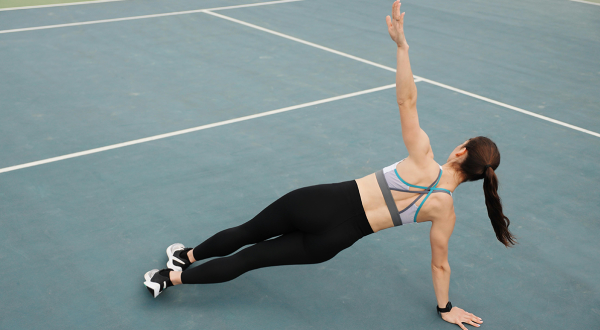Research on possible kidney damage in children with congenital heart diseases undergoing open heart surgery
On 15 January in an open session of Rīga Stradiņš University Medical Promotion Council Mr Jēkabs Krastiņš will defend his thesis titled “Perioperative Dynamics of Renal Functional and Structural Damage Markers in Children Undergoing Open Heart Surgery”.
The aim of the study was to investigate perioperative dynamics of kidney injury markers and to identify early and sensitive markers of kidney injury, suitable for application in children undergoing open heart surgery for the correction of congenital heart lesions. 93 children with various congenital heart diseases aged 2 weeks to 14 years were included in the study. The objectives of the study were to establish prevalence and severity of acute kidney injury in children after open heart surgery, using KDIGO criteria and to investigate the accuracy and diagnostic performance of kidney injury markers. The author investigated postoperative fluid balance and its association with renal dysfunction, evaluated the role of intraoperative hypotension in the development of postoperative acute kidney injury, evaluated early clinical outcomes of AKI in children after open heart surgery and created an algorithm of diagnosis and management of acute kidney injury after paediatric open-heart surgery, based on postoperative fluid balance.
The analysis of the research data confirmed the high rate (45.2%) of acute kidney injury in children with congenital heart diseases undergoing open heart surgery in Latvia.
Urinary NGAL is a sensitive marker of renal dysfunction that predicts acute kidney damage development in 91% of children already 12 hours after surgery. SCys C, a glomerular filtration rate marker demonstrated maximum resolution 24 hours after the surgery. Early postoperative positive fluid balance predicts the development of acute kidney damage during the first postoperative day in 80% of patients with cut-off value of 25 ml/kg and might serve as an acute kidney damage marker.
Postoperative renal dysfunction significantly affected clinical outcomes: duration of stay in the intensive care unit for patients with intact renal function increased from four to seven days for patients with renal dysfunction, whereas, duration of stay in the hospital for patients with intact renal function increased from 12 to 17 days for patients with renal dysfunction. Duration of mechanical ventilation for patients with intact renal function increased from 22 hours to 50.5 hours for children with postoperative renal dysfunction.
Related news
 Sports psychology study on young athletes: how burnout, anxiety, and wellbeing shape distinct athlete profiles Research, Psychology
Sports psychology study on young athletes: how burnout, anxiety, and wellbeing shape distinct athlete profiles Research, Psychology


